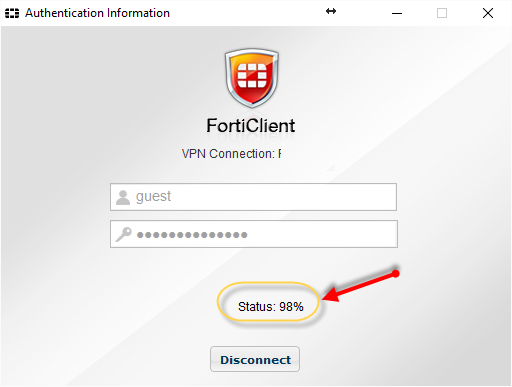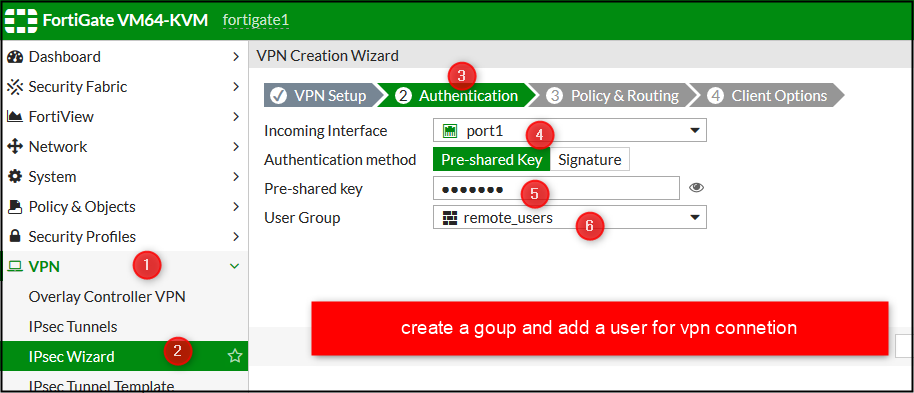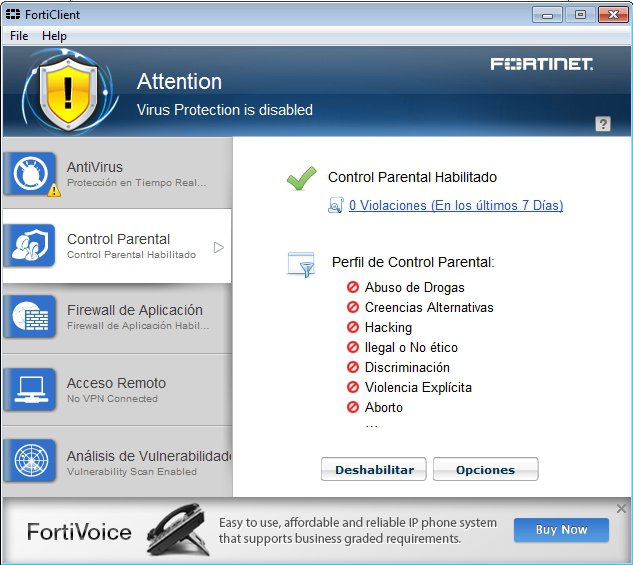

Now the question becomes: can those drivers be safely unbound from real NICs without affecting the VPN client operation, or are they required instead? Other VPN clients (Cisco, CheckPoint) don't do such a thing, and they don't create this kind of slowdown. If those drivers are unbound from the NICs, the problem disappears and the full connection speed comes back.

OS is Windows 10 21H1 圆4, with latest updates. Why is this happening? How can this happen, if the software is installed but not actually in use? However, when I install some VPN clients, namely FortiClient and ForcePoint, something strange happens: my download speed gets capped at about 400 MB/s, even if no VPN connection is established and even if I kill all VPN-related processes and stop all related services even if the VPN client software is not in use, and even is no process is running for it, my network connection still gets awfully slowed down the only way to solve this is to completely uninstall the VPN client software.Īt first I encountered this issue only with ForcePoint, but then I witnessed it again with FortiClient no trouble occurred with other VPN clients, such as Cisco An圜onnect or CheckPoint. Until a couple months ago I had a 100 Mb/s ADSL Internet connection, thus I never noticed what I'm describing next then I upgraded my connection to a FTTH 1Gb/s connection, which normally achieves 800-900 MB/s download speed and 100 Mb/s upload speed.

consultant, and I often have to install various VPN clients on my computer in order to connect to customer's networks beginning in March 2020, I started always working from home for well known reasons.


 0 kommentar(er)
0 kommentar(er)
